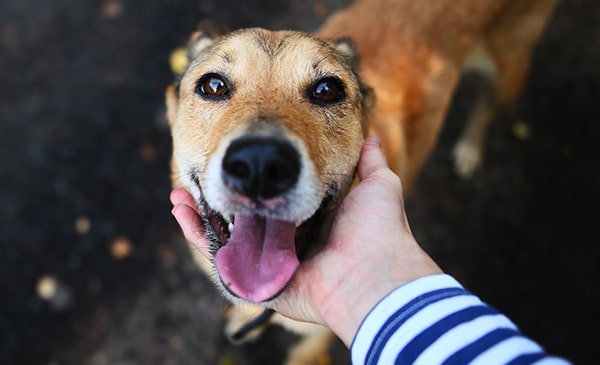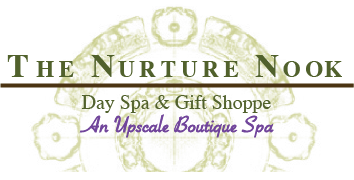Unusual Practices for De-Stressing

If you tune in to any news medium these days you will no doubt hear about great tips for managing and preventing stress. In recent columns I’ve shared some of the calmer approaches to achieving this. This time I want to share some less obvious, but equally effective, practices. These are more active and energy-charged. The idea is to release negative energy and emotional and physical toxins.
Prior to practicing any of these active exercises, it is wise to consider your surroundings, comfort and state of mind. Being aware of what you are doing before doing it is important for therapeutic effect versus simple curiosity. Initially, do the exercises in a more controlled state of mind. Doing them without having practiced them can decrease their effectiveness.
1. Loud vocal sounds. (screaming, top pitch): Be sure you are in a contained space—a small room or your car. Start by opening the mouth, dropping the jaw and projecting from your throat. Begin with low sounds and increase gradually until you are screaming sound only—no words. Make faces or move your mouth around in various shapes allowing the sound to shift and resonate in the space. Do this for several minutes, pausing as needed only to take a breath.
2. Stomp your feet. You can do this with shoes on or barefoot. Stomping without shoes should be done on soft carpet or grass. Shoe-stomping can be done on any surface. It’s added fun to hear the sounds it makes if you do it on wood or other hard surfaces. The intention is to be fully charged and aggressive with your stomping, as though you were turning grapes into wine with your feet.
3. Identifying sounds. Go to a busy area—a mall, park, airport or busy street corner. Find a comfortable spot to stand or sit. Close your eyes, or use a blindfold, and just listen. After a few moments start to isolate and identify all the sounds you hear. Sharpen your listening and patience skills with this activity.
4. Punching a pillow. Grab a semi-firm pillow. Place it on an easy to reach surface. A bed is fine, or whatever is most comfortable to reach easily. Using your arms (keep them loose, not tight) begin punching the pillow. Start slowly and work your way up to a vigorous impact. Continue for several minutes. Be sure to direct and exhaust all energy into the pillow. If you break a sweat, even better.
5. Walk – run – walk. This will be great exercise, at the same time knocking out some stress as you do it with intention. Do this for a minimum of 20 minutes. Begin with a brisk walk. After one minute, begin running in an easy jog. Do this for one minute. Go back to a walk. Alternate your walk/run in one-minute intervals. You can increase to two minutes each, then three and so on, until your time is done. Be sure to incorporate deep breath inhalations and exhalations as you walk and run.
6. Love a pet. Go visit an animal shelter and spend some time petting a puppy and taking it out for a walk (within the designated areas) or snuggling with a kitty. It is difficult to be angry, or to project negativity, when loving on a fur baby. Before you know it, you’ve given attention to a little being in need and your stress has melted into a manageable state.
7. Headbanging. Yep. Put on a favorite energizing song and let your head (and hair!) go wild. Only use your head to move to the beat of the music. Get lost in it. This action doesn’t allow opportunity to let anything else come into your thoughts. You trick your mind and muscles into just being “into” the action.
8. Ride a small bike. Get out a little tricycle or bicycle (kid size) and try riding around for a while remembering what it was like to be a kid. Carefree. Racing with yourself and the pavement. Malls have great mini-motorized animals available to ride, too.
These are done as singular exercises (or practices) in order to stay focused and deepen the anti-stress or de-stressing mechanism. They are fine to do with a friend, but extremely beneficial to do on your own. This enables your genuine needs to surface, without considering anyone else’s. This way you can identify your own stress points and begin to release them the way that makes sense to you.
